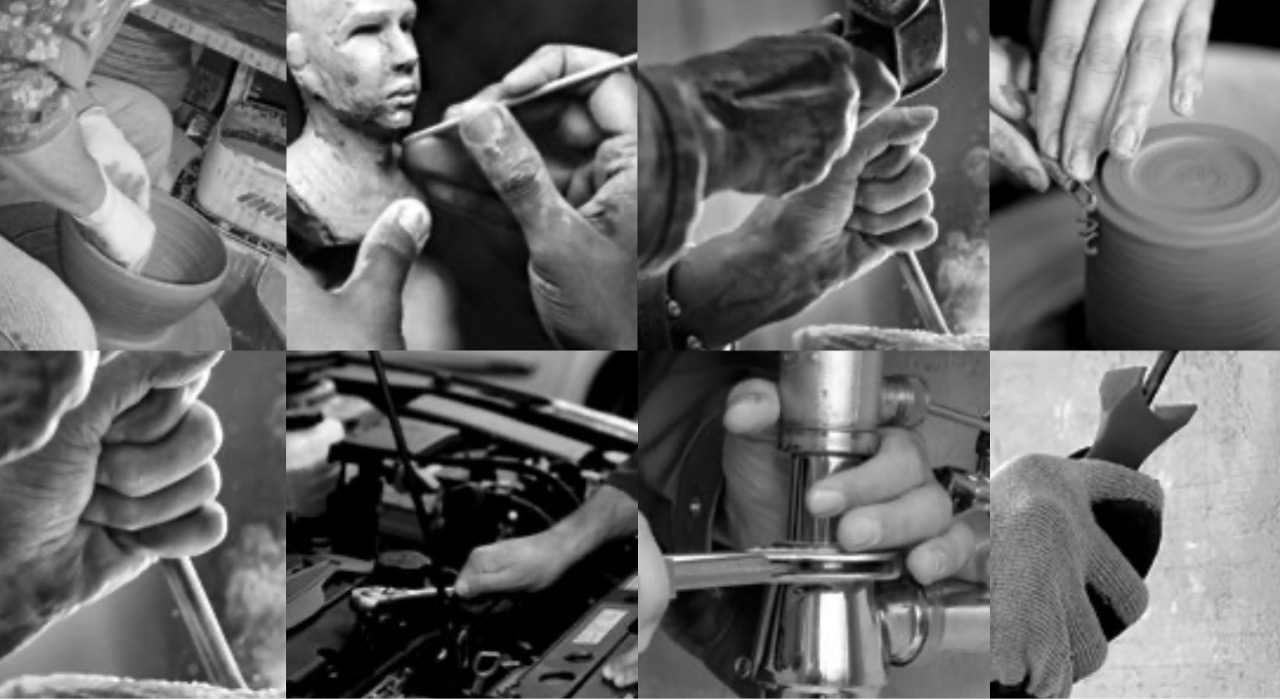
2016 - Arab Watch Report on Informal Employment
Introduction
Since
the eruption of the Arab Spring, Arab countries have been facing major
challenges that can almost be described as existential challenges. On
the one hand, the past decades have shown us that states ruled by
dictatorships without any sort of accountability have failed to provide
basic needs and protect the individual and collective rights of their
citizens, and on the other, transition from dictatorship towards
democracy has not been easy and even more complicated than expected.
Arab
revolutions have erupted in protest against dictatorships that have
excessively silenced and suppressed their peoples and violently
annihilated political diversity. However, social and economic demands
were by far the most prominent demands as economic, social, geographic,
gender, ethnic, and religious inequalities widened. Perhaps, increasing
poverty, unemployment, and marginalization were the factors that led to
the eruption of anger and revolutions throughout the Arab region.
List of contents
Introduction - Ziad Abdel Samad (ANND Executive Director)
Since
the eruption of the Arab Spring, Arab countries have been facing major
challenges that can almost be described as existential challenges. On
the one hand, the past decades have shown us that states ruled by
dictatorships without any sort of accountability have failed to provide
basic needs and protect the individual and collective rights of their
citizens, and on the other, transition from dictatorship towards
democracy has not been easy and even more complicated than expected.
Past and Future of Informal Workers - Roberto Bissio
The
informal economy comprises halfto three-quarters of all
non-agricultural employment in developing countries, accordingto the
International Labor Organization (ILO). In the Global South, Workers
employed with a formal contractand benefitingfrom social protection are a
minority.
Informal Labor :Reality and Rights - Samir Aita
The
present report highlights the factors that have led to the expansion of
informal labor in Arab countries outside the agricultural labor.
The Informal Economy in Arab Nations: A Comparative Perspective - Martha Chen and Jenna Harvey (WEGO Network)
Across
the Global South, most workersearn their livelihoods in the informal
economy and most low-income householdsare sustained by livelihoods.
Informal Labor in Arab Countries - Samir Aita
Informal
work is no marginal problem in a world heading towards organization. It
is a characteristic of a globalized economy and a modern division of
labor.
Neoliberal policies and informal labor in the Arab region - Mohammed Said El Saadi
According
to the definition of the International Labor Organization (ILO),
informal economy encompasses all workers’ economic activities, in
addition to the economic units that are not covered by official
requirements and measures and regulatory requirements, either because
this category of workers is active in sectors that are not covered by
laws, or because laws that are supposed to protect them are not applied.
Gender dimensions of informal labor - Dr Huwaida Adli
Literature
on women's economic empowerment confirm the importance of labor as one
of the main pillars of women's economic independence and participation
in public life, in a way to promote their social status and ability to
take part to the decision making, whether on the political level, in
businesses, or within families.
Informal
labor in the Arab countries through international statistical
indicators and data - Dr. Azzam Mahjoub and Mr. Mohammed Munzer Balghith
The
present report includes a variety of data collected from numerous
trusted and specialized international sources, studies, and databases
Informal Labor and Migrationin the Arab Region - Shahir Georges
This Paper aims to understand the recent impact of immigration on informal employment in the Arab region.
National Reports on Informal Labor
- Algeria
- Bahrain
- Egypt
- Iraq
- Lebanon
- Mauritania
- Morocco
- Palestine
- Sudan
- Syria
- Yemen
- Jordan
Recent publications

